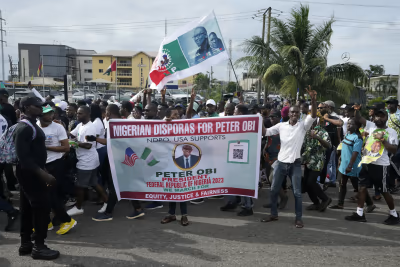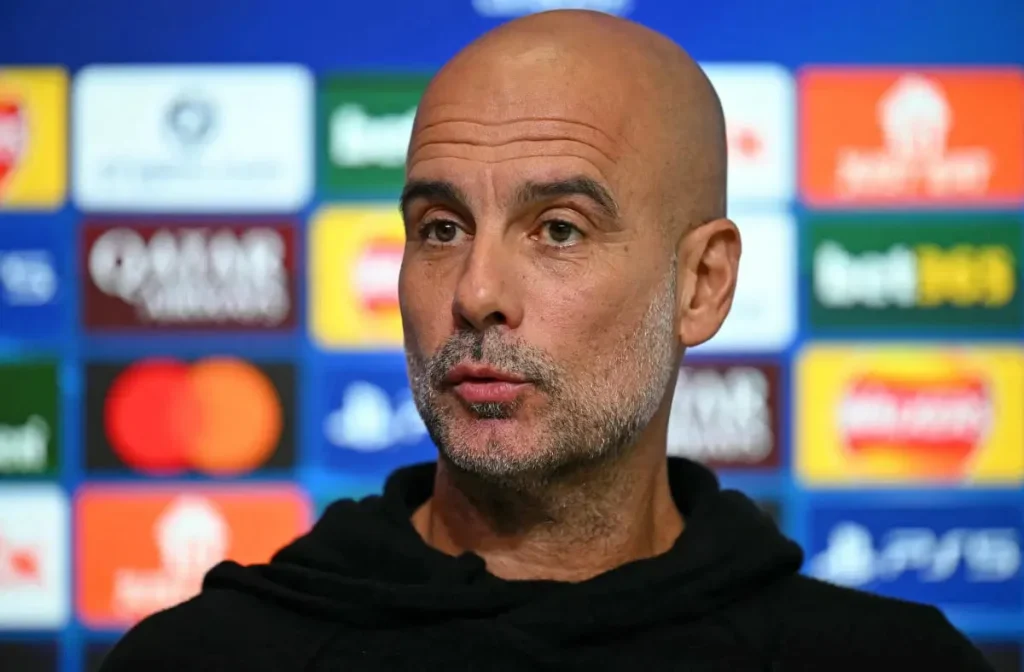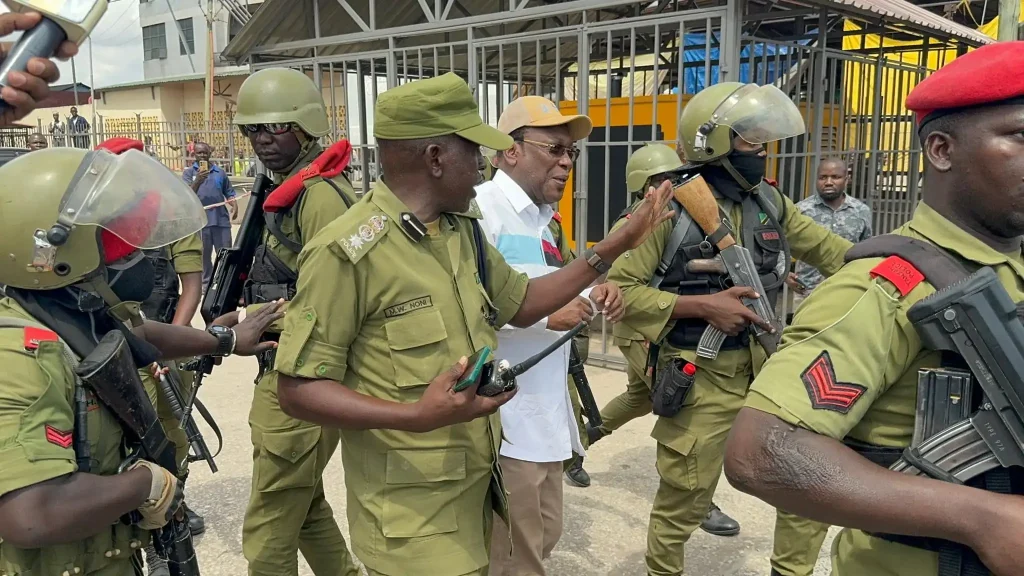Nigerians marked the 62nd year of their independence on Saturday, with the country’s president acknowledging the economic struggles and security problems facing citizens as they get ready to vote for a new president in four months.
President Muhammadu Buhari, who came into power in 2015, had promised to tackle the issues hindering Nigeria’s progress, despite it being the largest country in Africa in terms of population and economy.
As he prepares to leave office, Buhari said that his government has made some progress in security, the economy, and fighting corruption. However, he admitted that “we are not yet at our destination.”
Nigeria is facing a 33% unemployment rate, and 40% of the population lives in poverty, which are some of the worst figures seen in many years. In addition, thousands have died in the last year due to attacks by armed groups in the north and extremist rebels in the northeast.
“I understand the hardships that Nigerians are going through, and I assure you that your strength and patience will not be in vain,” Buhari stated.
In Lagos and other regions, thousands of people marched to show support for Peter Obi, a key candidate in the upcoming February presidential election, while police were heavily present.
“The Nigerian government pays more attention to people with signs than to those with weapons,” said Ayo Sogunro, a Nigerian human rights lawyer, criticizing the heavy police presence.
Campaigning for the important presidential election started this week, with 18 candidates running for the top job in the country.
Leading candidates include Bola Tinubu from the ruling All Progressives Congress, former vice-president Atiku Abubakar from the opposition Peoples Democratic Party (PDP), and Peter Obi, who hopes to change the long-standing power held by these two parties.
As the election approaches, many Nigerians are focused on the issues that affect their daily lives, such as jobs, security, and rising prices. People are eager for change, hoping for a leader who will effectively address these challenges.
Candidates are using social media and rallies to connect with voters, discussing their plans for improving the economy and enhancing security.
The high unemployment rate and ongoing violence in certain areas have made it essential for candidates to present clear solutions to the public.
Amid these challenges, there is a sense of hope among many Nigerians. Citizens are actively participating in discussions about their future and are determined to make their voices heard at the polls.
With less than four months until the election, the excitement and anticipation for change continue to grow.























